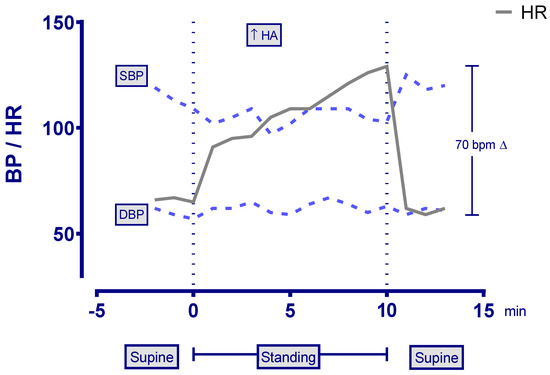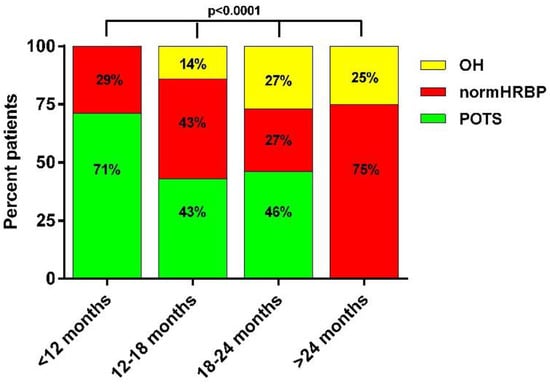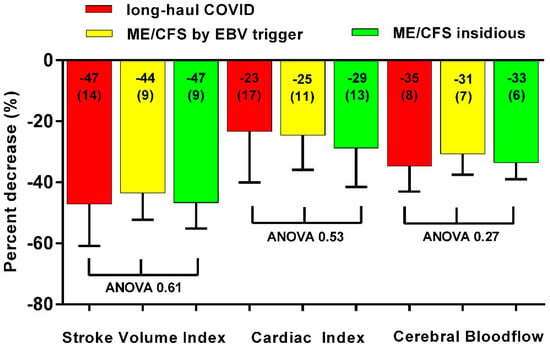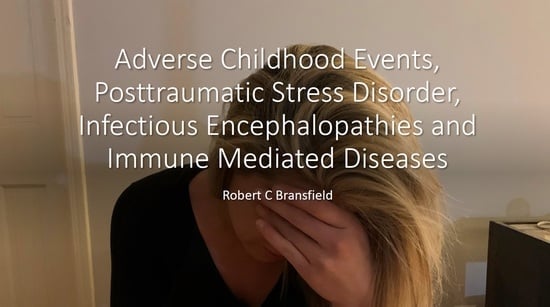Why Some Patients Never Fully Recover: Post Active Phase of Infection Syndromes (PAPIS)
A topical collection in Healthcare (ISSN 2227-9032). This collection belongs to the section "Chronic Care".
Viewed by 62753Editors
Interests: ME/CFS (myalgic encephalomyelitis/chronic fatigue syndrome); mechanisms of chronic illness; public health access and disparities
Special Issues, Collections and Topics in MDPI journals
Interests: chronic illness; public health; trauma; ME/CFS
Interests: interdisciplinary patient care; dental medicine
Interests: allergy; immunology; infectious diseases; medical education; pediatric palliative; end of life care; pediatrics
Interests: ME/CFS
2. Laboratory of Centre for Preclinical Research, Department of Experimental and Clinical Physiology, Warsaw Medical University, 1b Banacha Street, 02-097 Warsaw, Poland
Interests: pathological mechanisms; biomarkers; diagnosis and therapy of chronic fatigue syndrome (ME/CFS)
Special Issues, Collections and Topics in MDPI journals
Interests: immunology; ME/CFS
Topical Collection Information
Dear Colleagues,
With estimates of Long-haul COVID, also known as PASC (post-acute sequelae SARS-CoV-2 infection), increasing to above 30 percent of COVID-19 infected patients, it is time to recognize the existence of multiple Post Active Phase of Infection Syndromes (PAPIS) and focus attention on the appropriate mechanisms for diagnosing, treating and curing these devastating illnesses and their societal impact. The inventory of symptoms of Long-haul COVID-19 patients, many of whom never achieve pre-illness levels of wellness, is not unique to this chronic illness but echoes the symptoms of other post-acute phases of infection patients described in the medical literature. Examples of other illnesses that should be considered included are: Coxsackie B, Ebola, Epstein-Barr virus, Herpes viruses, myalgic encephalomyelitis/chronic fatigue syndrome,post-polio syndrome, and Zika virus. While the aforementioned are all viral infections, there is also an overlap of symptoms with conditions of non-viral origin such as chronic Lyme disease and untreated syphilis. Fungal infections, as well as chemical and other environmental sensitivities, may be additional triggers of PAPIS. This suggests that untreated and undertreated parasitic, viral and bacterial infections and other triggers should all be considered for study and comparison.
More productive research is urgently needed to enhance our understanding of the underlying pathophysiology or pathophysiologies of these conditions and to enable more effective patient care.
The intent of the PAPIS Topical Collection is broad. We welcome descriptions of syndromes satisfying the broad case definition of PAPIS, improved case definitions of the diseases satisfying the PAPIS criteria, proposed mechanisms of pathophysiology, outcomes of treatment trials and case reports of PAPIS diseases, and both pharmacological and non-pharmacological approaches to PAPIS patient management. Because of the unprecedented number of PAPIS patients anticipated worldwide in the wake of the COVID-19 pandemic, manuscripts concerning the economic, public health and societal experiences of PAPIS patients fall within the purview of the PAPIS Topical Collection.
* Due to his passing, Professor Derek Pheby, BSc, MB, BS, LLM, MPhil, FFPH, is no longer serving as a Guest Editor of the PAPIS Topical Collection. Sadly, we are withdrawing his name from the list of Guest Editors. Professor Pheby was a strong supporter of ME/CFS research and clinical care. He will be missed by his many colleagues and will be remembered for his involvement in setting up the ME Biobank and scientific coordination of EUROMENE. Professor Phebe was committed to advancing the boundaries of ME/CFS and fostering international collaborations as evidenced by his willingness to serve as a Guest Editor of the PAPIS Topical Collection.
Kenneth Friedman
Patricia A. Fennell
Evan Spivack
James M. Oleske
Nancy Klimas
Pawel Zalewski
Susan M. Levine
Collection Editors
Manuscript Submission Information
Manuscripts should be submitted online at www.mdpi.com by registering and logging in to this website. Once you are registered, click here to go to the submission form. Manuscripts can be submitted until the deadline. All submissions that pass pre-check are peer-reviewed. Accepted papers will be published continuously in the journal (as soon as accepted) and will be listed together on the collection website. Research articles, review articles as well as short communications are invited. For planned papers, a title and short abstract (about 100 words) can be sent to the Editorial Office for announcement on this website.
Submitted manuscripts should not have been published previously, nor be under consideration for publication elsewhere (except conference proceedings papers). All manuscripts are thoroughly refereed through a single-blind peer-review process. A guide for authors and other relevant information for submission of manuscripts is available on the Instructions for Authors page. Healthcare is an international peer-reviewed open access semimonthly journal published by MDPI.
Please visit the Instructions for Authors page before submitting a manuscript. The Article Processing Charge (APC) for publication in this open access journal is 2700 CHF (Swiss Francs). Submitted papers should be well formatted and use good English. Authors may use MDPI's English editing service prior to publication or during author revisions.











